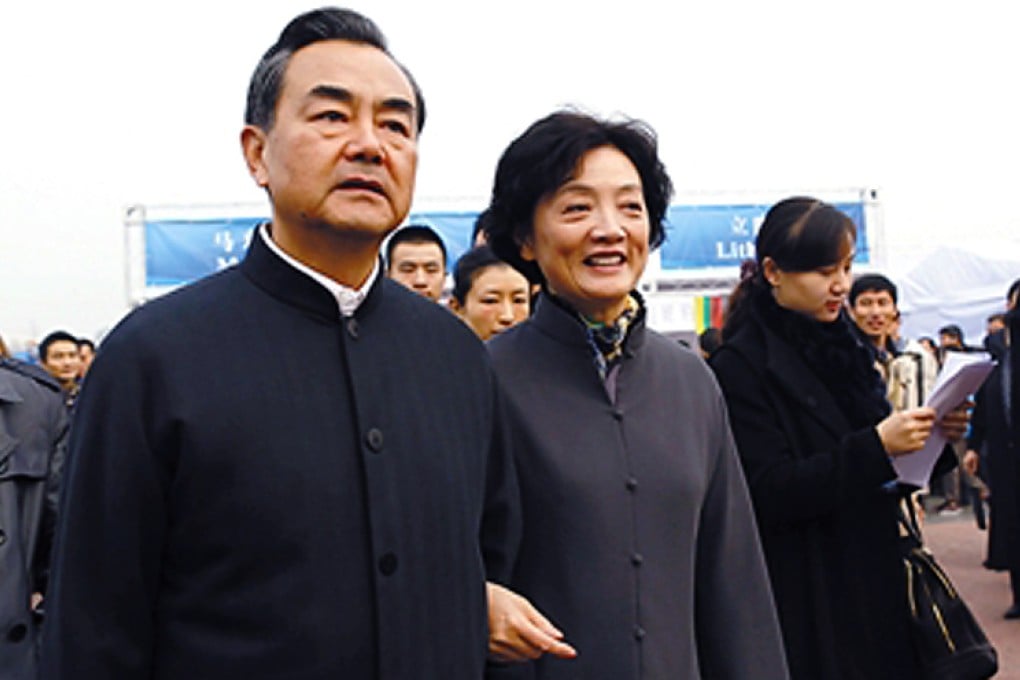Rise of China's new Foreign Minister Wang Yi
Veteran diplomat installed as minister as Beijing selects cabinet to promote China's rise

Newly-appointed foreign minister Wang Yi has not only established himself as a diplomat who can defuse a crisis, but also as an official able to cope with unusual career moves.
Many observers in Taiwan and on the mainland were surprised in 2008 when Wang, then deputy foreign minister, was appointed head of the State Council's Taiwan Affairs Office.
The move, the first time someone with extensive foreign policy experience had been put in charge of Taiwan affairs, triggered concerns in Japan that better communication between the Taiwan Affairs Office and the foreign ministry was aimed at undermining the relationship between Tokyo and Taipei. Wang had previously served as ambassador to Japan.
Some pundits said the move reflected Beijing's increased willingness to accommodate Taiwan's desire for a greater international presence, a complicated issue for Beijing.
Wang, the 59-year-old son-in-law of late leader Zhou Enlai's secretary Qian Jiadong , has now returned to the diplomatic arena with his appointment as foreign minister in the latest government reshuffle.
Pundits say the move reflects Beijing's desire to improve ties with Japan, which have become increasingly tense due to the territorial dispute over the Diaoyu, or Senkaku, islands.